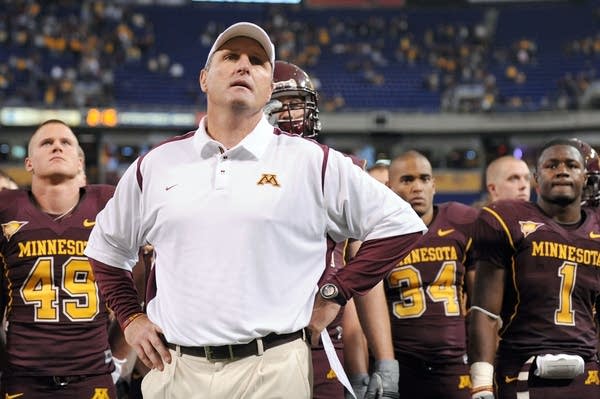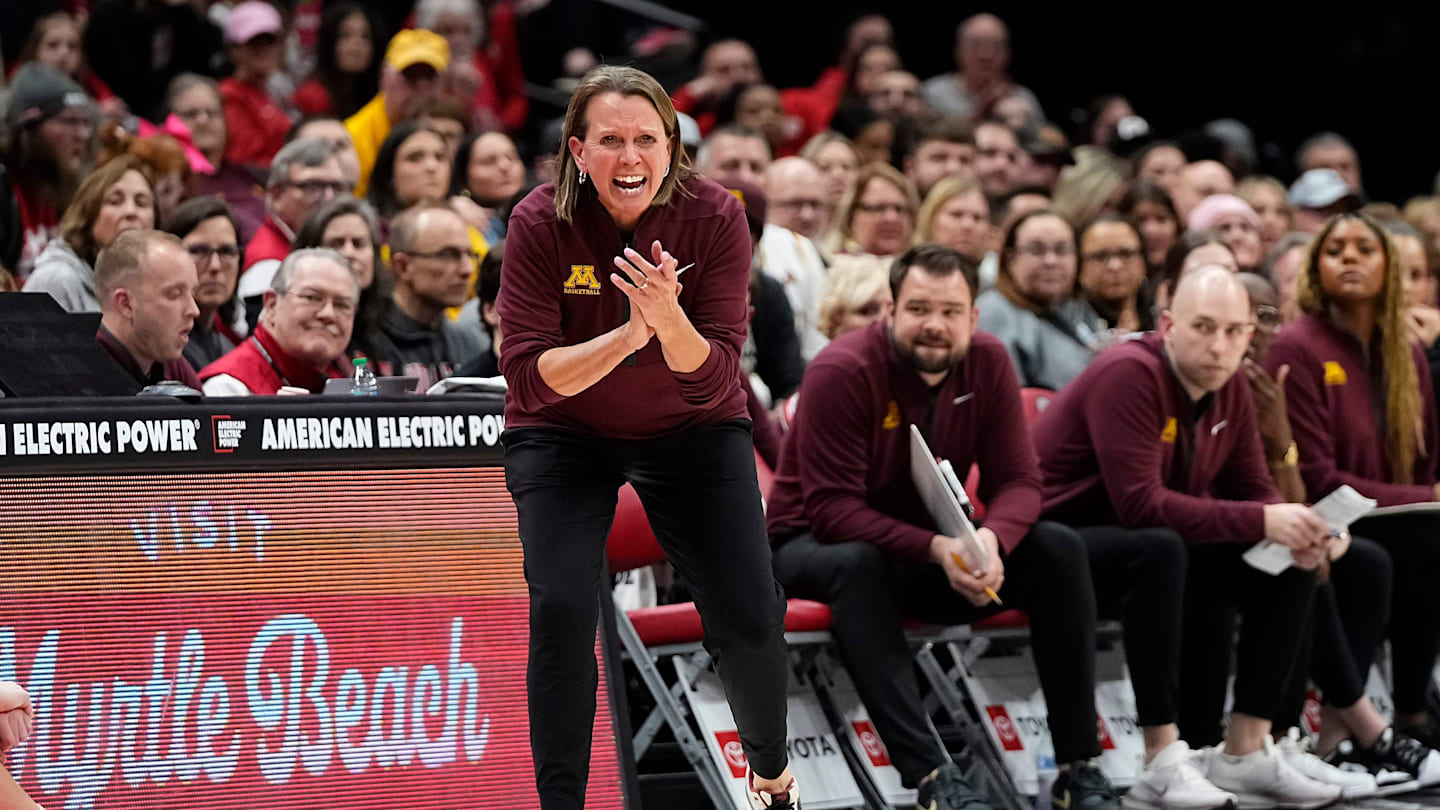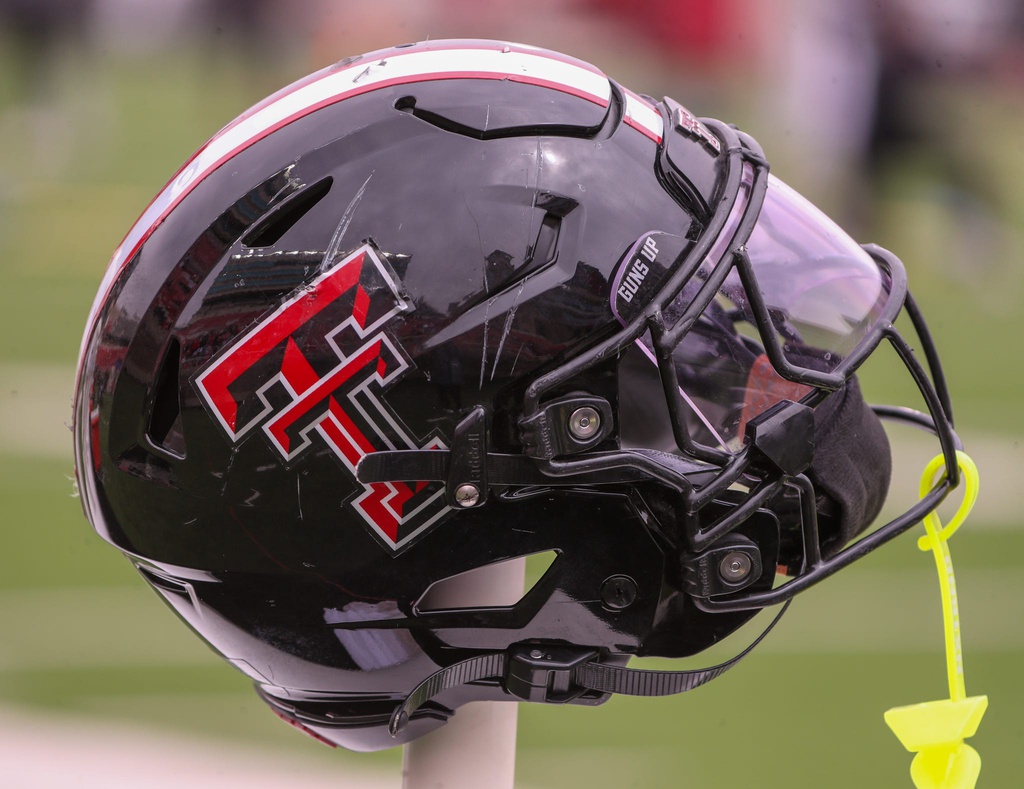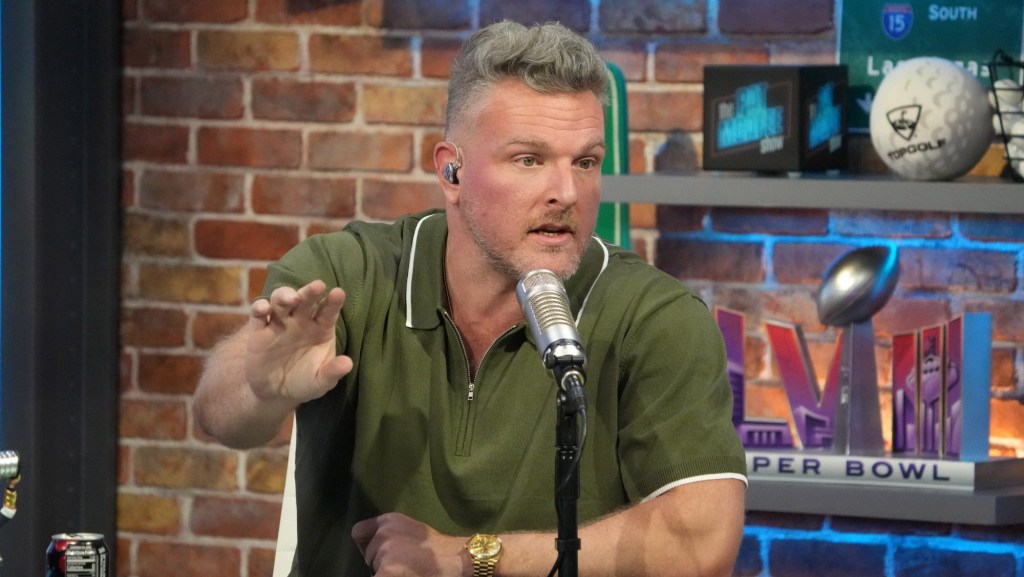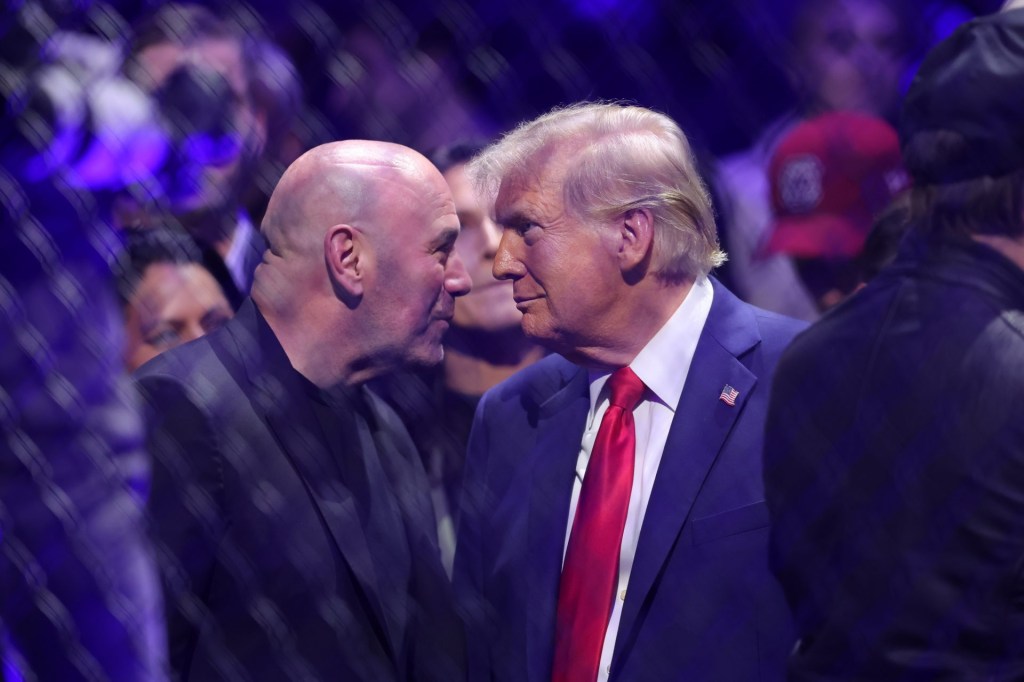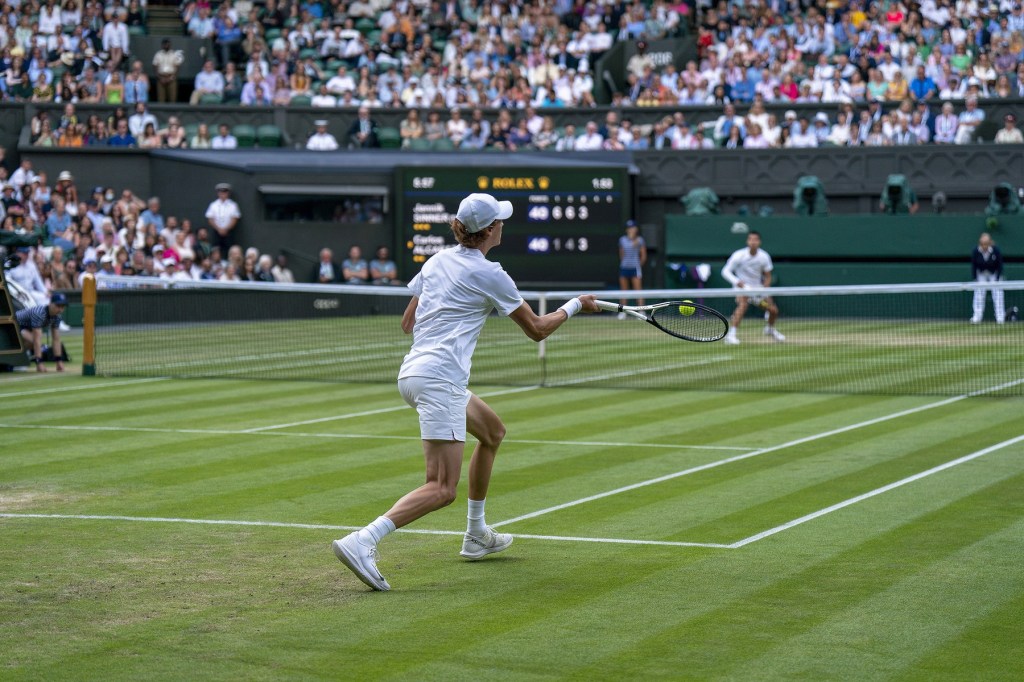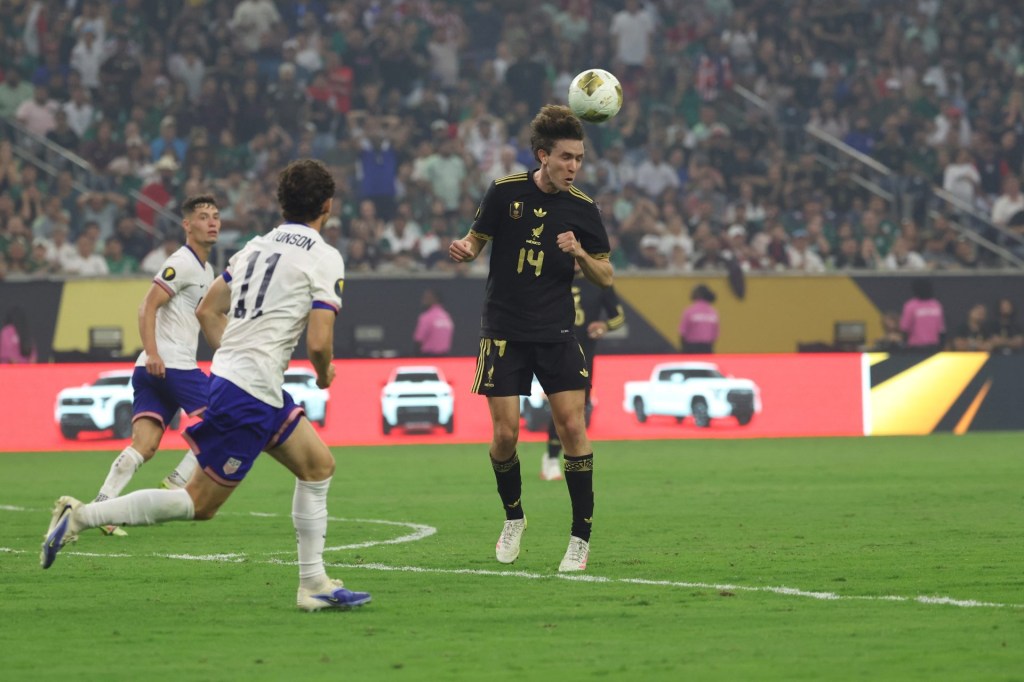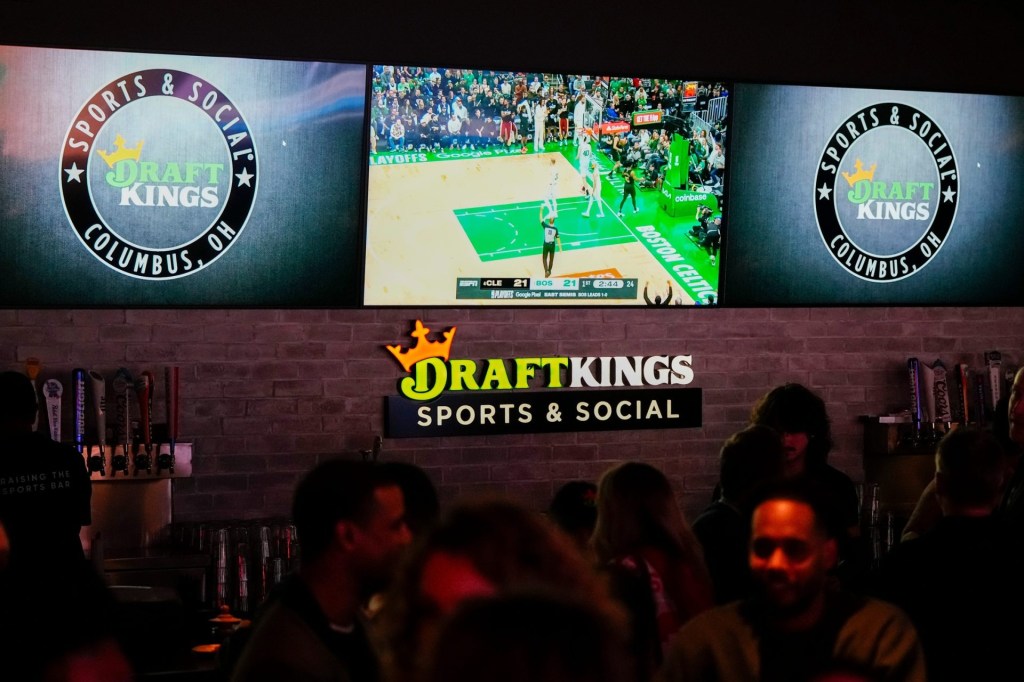College athletes are starting to get paid big money directly from their schools now that the revenue-sharing era is here. But will this new landscape bring structure to college sports, or will the shifting industry remain more like the Wild West?
“The $1 billion question is: Are these athletes employees? If the schools want that answer to be no, then they’re going to have to be very, very careful how they structure these contracts,” Will Hall, a Florida-based sports and entertainment attorney for law firm Jones Walker, told Front Office Sports.
Those revenue-sharing contracts are already reaching staggering numbers, like the three-year, $5.1 million deal Texas Tech is giving five-star offensive tackle Felix Ojo. The Red Raiders’ spending spree appears to be extending into the future, too, as they are now reportedly the favorite to land edge rusher LaDamion Guyton, currently the No. 1–ranked prospect in the 2027 recruiting class, according to Rivals.
NIL Collectives Face Uncertain Future
Before revenue-sharing became legal with the approval of the House v. NCAA settlement, players like Ojo and Guyton would have had to rely on NIL (name, image, and likeness) deals to make money in college.
Now, the NIL collectives that funded top programs’ $20 million football rosters last season are changing how they do business. “An NIL collective will have to look very different than it has in the past few years,” said Hall, who previously helped set up and advise the first NIL collective at Florida State. Many Power 4 schools have closed their NIL collectives entirely.
Hall points to the newly created NIL Go clearinghouse run by the burgeoning College Sports Commission, which will have a vetting process to ensure NIL deals offered by boosters and collectives are fair-market value, and not pay-for-play. “If it has teeth, then, yes, 100%, the idea of an NIL collective as we know it should go away,” he said.
What About Private Equity?
The start of the revenue-sharing era has coincided with interest from private-equity firms entering college sports.
While the Big 12 opted against bringing in PE at the conference level, sports business consultancy Elevate launched a $500 million initiative to infuse institutional capital directly into college sports, and Boise State is actively considering bringing PE investment into the Broncos’ athletic department.
Despite the uptick in activity, veteran sports lawyer Mike Rueda told FOS “it’s a bit early to tell” whether PE firms investing in college athletic departments would be a profitable exercise like the PE investments in NFL franchises are widely believed to be.
“We’re still trying to figure out how this is going to work,” said Rueda, who is the head of U.S. sports and entertainment at London-headquartered international law firm Withers.

